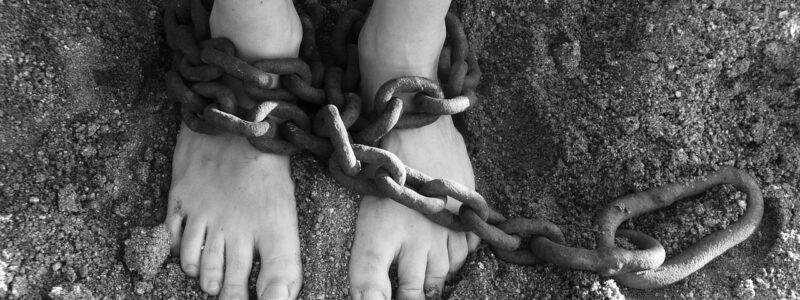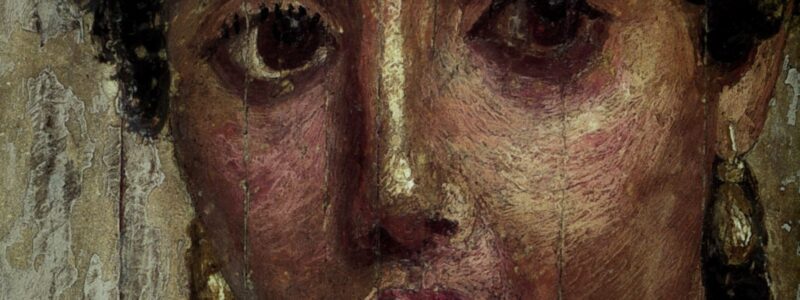Near Genocide Levels
The British Foreign Secretary Jeremy Hunt has issued a report indicating the persecution of Christians in parts of the world is reaching “genocide” levels.
The report noted that one in three people suffer from religious persecution and that Christians were the most persecuted religious group. The degree of persecution of Christian minorities throughout the world has been a hot topic recently since the bombing in Sri Lanka. In that terrorist attack, there were more than 250 people killed and more than 500 wounded.
The report also opined that political correctness has been responsible for some of the difficulty first world countries have experienced in approaching this difficult problem.
Genocide
The report said the main impact of intense persecution in multiple areas throughout the world is an exodus of those people to other countries. For example, Christianity is being “wiped out” in many parts of the Middle East.
The report noted Christianity is “at risk of disappearing” in some parts of the world. For example, there are now less than 120,000 Christians in Iraq where, as recently as 2003 there were 1.5 million living in that country. The report notes,
Evidence shows not only the geographic spread of anti-Christian persecution, but also its increasing severity.
Millions of Christians in the Middle East have been uprooted forcibly from their homes, while others have been killed, kidnapped, and discriminated against. The British Foreign Secretary noted in a report that
The inconvenient truth is that the overwhelming majority (80%) of persecuted religious believers are Christians.
He further notes,
I think we have shied away from talking about Christian persecution because we are a Christian country and we have a colonial past, so sometimes there’s a nervousness there. But we have to recognize – and that’s what the bishop’s report points out very starkly – that Christians are the most persecuted religious group.
The extent of the problem is largely unreported throughout the Western world. But the facts represent a difficult history,
In countries such as Algeria, Egypt, Iran, Iraq, Syria, and Saudi Arabia the situation of Christians and other minorities has reached an alarming stage. In Saudi Arabia, there are strict limitations on all forms of expression of Christianity including public acts of worship There have been regular crackdowns on private Christian services. The Arab-Israeli conflict has caused the majority of Palestinian Christians to leave their homeland. The population of Palestinian Christians has dropped from 15% to 2%.
Defending the claim of genocide, the report notes,
The level and nature of persecution is arguably coming close to meeting the international definition of genocide, according to that adopted by the UN.
Referring to the universal declaration of human rights,
The challenge that faces us at the beginning of the 21st century is not that we need to fight for a just legal system, it is rather that to our shame, we have abjectly failed to implement the best system that women and men had yet devised to protect universal freedoms.
Political Correctness
One of the greatest perceived difficulties in dealing directly with the intense persecution of Christians in many areas i political correctness. The author notes,
I think there is a misplaced worry that it is somehow colonialist to talk about a religion that was associated with colonial powers rather than the countries that we marched into as colonizers.
That has perhaps created an awkwardness in talking about the issue – the role of missionaries was always a controversial one and that has, I think, also led some people to shy away from this topic.
What we have forgotten is that atmosphere of political correctness is actually the Christians that are being persecuted are some of the poorest people on the planet.
Drivers of Persecution
There appears to be three drivers of persecution:
- political failure creating poverty and a fertile ground for religious extremism,
- increasing religious conservatism in countries such as Algeria and Turkey,
- institutional weaknesses around justice, the rule of law and policing, leaving the system open for exploitation by extremists
Sometimes the persecution of Christian minorities is through the local government.
Arrest, detention, and imprisonment are common in Iran, Egypt, and Saudi Arabia. For example, in the course of six days before Christmas 2018, 114 Christians were arrested in Iran with court cases left pending as a form of intimidation. Though most cases in Iran involve converts, indigenous Christians such as Pastor Victor, an Assyrian Christian, with his wife, Shamiram Issavi, have also been targeted and imprisoned.
Governmental crackdowns on Christianity in largely Islamic countries seem to be aimed at the eradication of anything Christian from their land. There is an intent to eradicate all evidence of Christian presence in the land with the removal of crosses, the destruction of Christian buildings and property, and removal of all other Christian symbols.
In Turkey, there is an aggressive policy to depict Christians as being disloyal to the upcoming Islamic state. While Turkey was once a secular country, that is no longer the case.
The government AK party in Turkey depicts Christians as a ‘threat to the stability of the nation.’ Turkey Christian citizens have often been stereotyped as not real Turks but as western collaborators.
In Saudi Arabis, school textbooks
teach pupils religious hatred and intolerance towards non-Muslims, including Christians and Jews.
Summary
Christians are coming under greater persecution throughout the world, but especially in the Middle East and Far East where persecution is worse.
Several Christian communities are being destroyed by this persecution – especially those in Syria and Iraq.
The Christian Western World has been slow to react to this persecution for many reasons, not the least of which is due to fear of political correctness. Many first world countries bear guilt from the colonization and exploitation history of the last century and are fearful of interfering with the internal politics of their former colonies.
But lives are at stake; people are literally being crucified, children are being slaughtered, and once cohesive communities are being dispersed throughout the world.
The first response to this persecution is to publicize and make others aware of what is happening. Until then, there is little hope for serious solutions.




